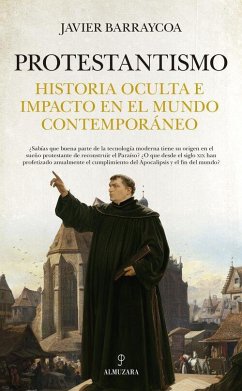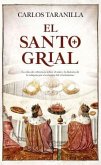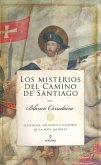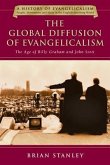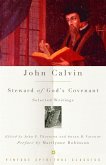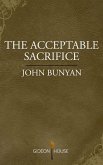We are scarcely aware of how the Protestant Reformation has influenced our lives. Behind the tormented antihero of American movies, the self-imposed happiness as an absolute duty, the imperious need for professional triumph or the anxieties of loneliness and individualism that overwhelm us, we can discover the echoes of a new anthropology brought about by the Protestant Reformation. The spiritual hatching it implied led countless groups and congregations to seek spiritual purity but reflected a morality and public control that would frighten us today. In cities like Calvin's Geneva, gambling was banned, pubs were closed and even Christmas was prevented from being celebrated. It was not strange that, in countries like England, and in certain sects, the number of permitted dishes was regulated or desserts and sweets were forbidden. A good part of Protestantism lived under the terror of the imminent end of the world. Isaac Newton was one, among many, of those who scrutinized the Apocalypse to prophesy the exact date of the expected event. For their part, the Wasps (Whites, Anglosaxons and Protestants), wanted to configure a racial America where other races and religions would have no place. And it was in the German lands, where Protestantism dominated, that the Nazi party managed to obtain its greatest support. Women, in the Protestant world, believed that they could find their liberation, but in the end they were submerged in a world where suspicion fell systematically on them, turning them into potential witches or adulteresses. At the same time, in Lutheran Germany the persecutions against the Jews exploded as never before, or in America the Amish, who had fled Europe, were in seclusion and time stood still for them. This book invites the reader on an exciting journey through these events that left a lasting mark on the contemporary world.
Hinweis: Dieser Artikel kann nur an eine deutsche Lieferadresse ausgeliefert werden.
Hinweis: Dieser Artikel kann nur an eine deutsche Lieferadresse ausgeliefert werden.

